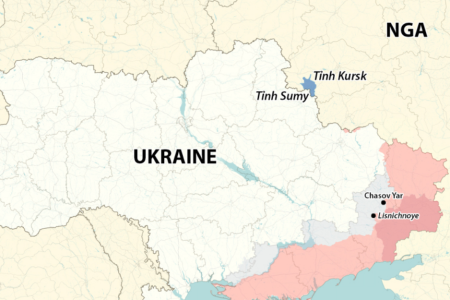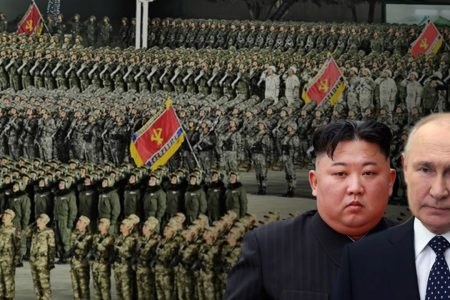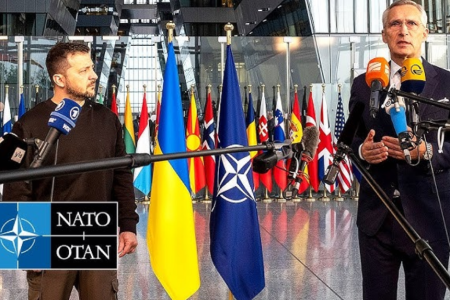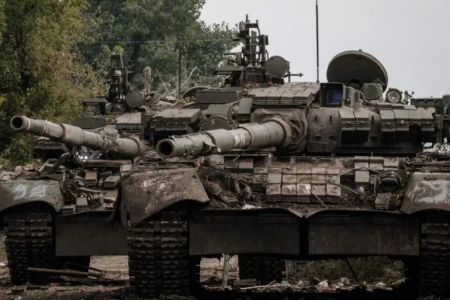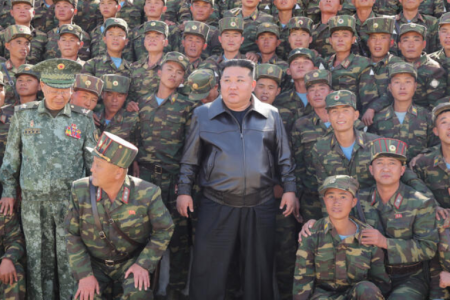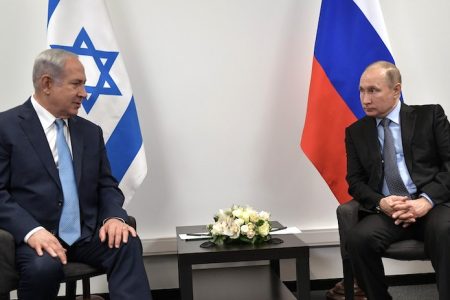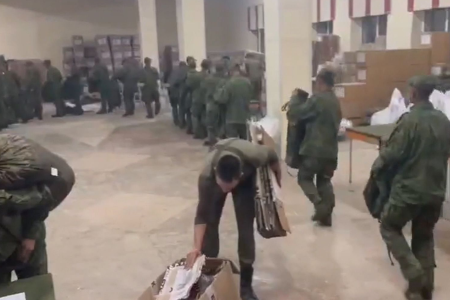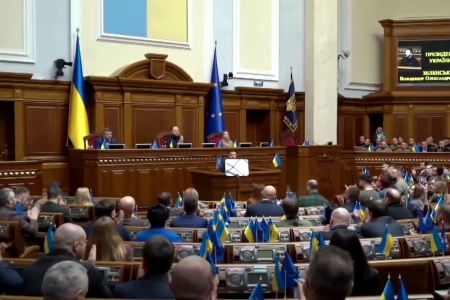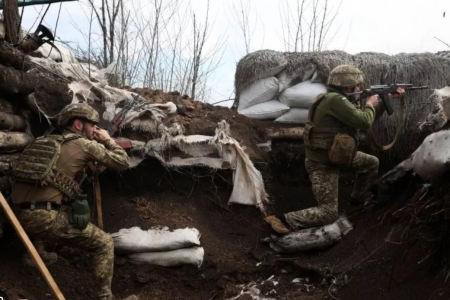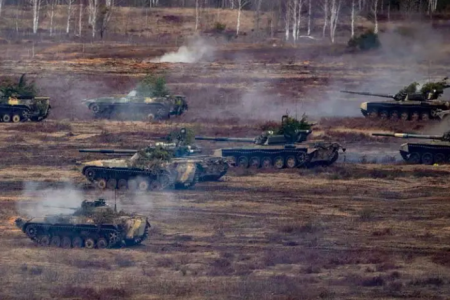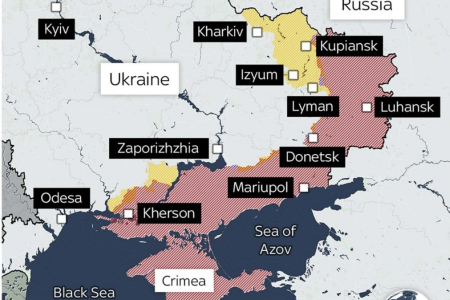
Although net profit in the second quarter was up to 233 billion rubles ($3.1 billion), Russia’s Rosneft group has still decided to completely withdraw from projects with Vietnam in the South China Sea (Vietnam calls it the East Sea), which made some people worried about security risks in the context that China has continuously pressured international companies to stop cooperating with Vietnam in oil and gas exploration in areas that Beijing considers under its sovereignty.
According to information from Russian news agencies Interfax, TASS and Prime, Rosneft has just announced the withdrawal of capital from its subsidiary Rosneft Vietnam B.V. This is the operator of a gas and condensate production project in Vietnam, in which Rosneft owns 100% of shares in this company. The change took effect on September 2.
Following a series of departures of international oil and gas companies from Vietnam under Chinese pressure in recent years, Rosneft’s withdrawal of capital from projects in the South China Sea raises doubts about the ability Russian companies are pressured by Beijing.
However, according to Dr. Ha Hoang Hop, a guest senior research expert at the ISEAS Institute of Singapore, said this transfer is just a “trick” of the Russian side in cooperation with Vietnam.
“There is a trick that all of Rosneft’s assets in Vietnam are sold 100% to a Russian state company, Zarubezhneft Company. It is a state-owned company, under the control of the Russian president, and it does not sell shares or shares to foreign countries. So countries like China cannot buy shares or stocks there,” said Dr. Ha Hoang Hop told VOA.
However, despite the above principle, Dr. Ha Hoang Hop said that Beijing has long sought to dominate and influence Russian state-owned companies in many ways, both politically and economically.
“In fact, in 2018, China also offered to buy shares of Zarubezhneft somewhere, but Zarubezhneft did not sell,” said Dr. Ha Hoang Hop said.
“Therefore, Rosneft’s transfer of shares to Zarubezhneft does not pose any security threat but is more beneficial to Vietnam.”
Dr. Ha Hoang Hop further explained: “Actually, from a security perspective, China can’t influence or interfere, causing things like forcing them to withdraw, having to stop exploiting… they don’t do it. Yes, but that is very positive.”
Rosneft has been involved in the exploration and production of gas, condensate and an exploration project at Block 06.1 in the South China Sea. In the contract of lot 06.1, Rosneft Vietnam B.V. owning 35% of shares and being the project operator, ONGC Group of India owns 45% and Vietnam Oil and Gas Group (PVN) owns 20%.
Rosneft’s second-quarter net profit increased fivefold year-on-year, to 233 billion rubles ($3.1 billion), while revenue doubled to nearly 2,200 billion rubles, according to AFP.
Rosneft CEO Igor Sechin, in a later announcement, said last quarter’s net profit was the highest in the company’s history, mainly thanks to the recovery in crude oil prices.
Meanwhile, Zarubezhneft is a corporation that has entered into a joint venture with Vietnam for the past 40 years through the Vietnam-Russia Joint Venture Vietsovpetro, which is specializing in oil and gas exploration and production on Vietnam’s continental shelf at the Bach Ho and Rong fields. Sturgeon, Thien Ung, et. In June, the group said it plans to extend its operation until at least 2045 and participate in new effective projects in Vietnam.
Thoibao.de (Translated)



